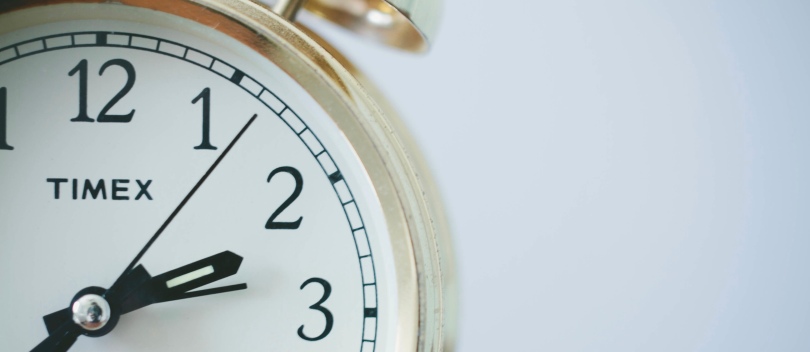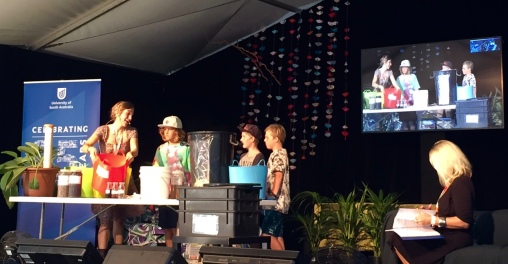

This is a presentation of your research proposal to a panel of academic markers (and hopefully some other interested people) to see whether they also think that your idea is realistic, rigorous and interesting. If all your markers pass you, you become an official PhD student – safe for the rest of your 3.5 years of research.
I was feeling both nervous and confident. Nervous because I was presenting to a panel of academic markers who would judge whether my research proposal was good enough to continue. I was also nervous as I wanted this presentation to contribute to my reputation as someone who is not only good at presenting, but also downright enjoys it. Due to this I had invited more people than strictly necessary to make a bit of a fun event about it.
I was confident for a few reasons. Firstly because I was presenting on a topic I knew – my own research. I also made sure that I knew all the requirements of the presentation: the time limit, and length of question time, all the aspects I had to cover (background, aim and objectives, methods and analysis).
I had practised a lot. I knew my slides, all the transitions and animations. I had my speech on palm cards even though I didn’t think I would need them. I had practised with the slide clicker and had presented twice to my supervisors to get their opinions and advice. You can practise in front of anyone, friends, family or peers.
I also went to an effort to make the experience a comfortable one. I got to the room first and set up my slideshow, turned on only some lights so the slides could be seen, and put on some soft friendly music. This way, when people starting coming in they didn’t stand around awkwardly. Instead they relaxed and chatted to others there until it was time to begin.
So how did it go? Really really well. I kept to time, didn’t need my palm cards and was marked highly. I get to continue as an official PhD student of UniSA and study the topic of my own choosing: urban agriculture.
















